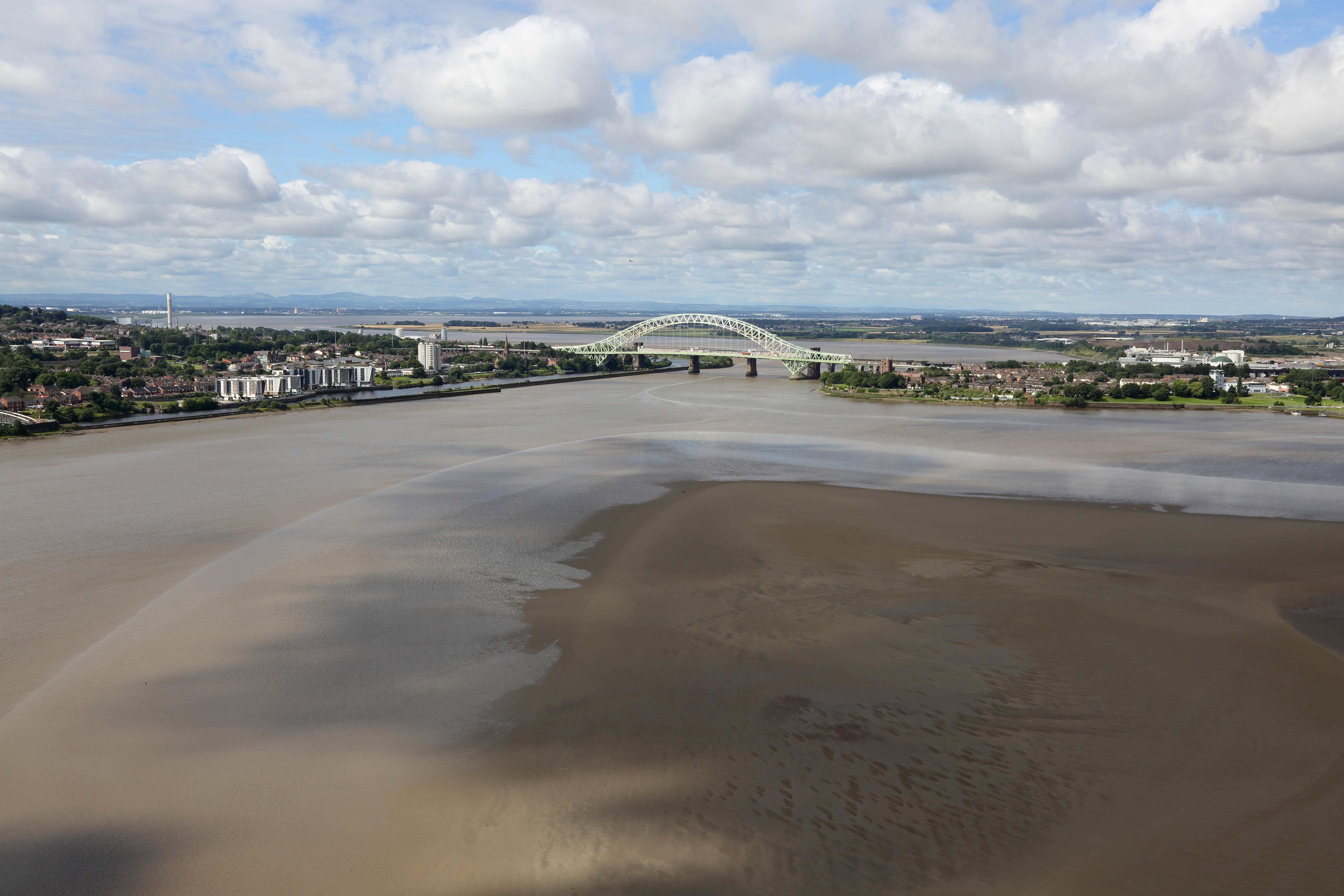Important estuary habitats being ‘squeezed’ by climate crisis, study warns
More than half of England’s estuaries are at risk of seeing habitats squeezed between rising seas and man-made barriers on land

More than half of England’s estuaries are at risk of being “squeezed” by climate change, harming their important natural functions, scientists have warned.
Estuaries are key for wildlife such as wading birds, as breeding and nursery grounds for commercially important fish, and for storing carbon and improving water quality by filtering nutrients, contaminants and sediment.
However, a combination of rising seas, lower river levels and man-made barriers such as weirs and dams are putting freshwater habitats in estuaries at risk, a study said.
Rising sea levels and lower river levels due to drought – increasing as a consequence of climate change – are pushing saltwater further up into the “freshwater tidal zones” at the top of estuaries.
While the natural response to this would be for those zones to shift further inland, man-made barriers and construction across the top of many estuaries are preventing that happening – leading to the habitats being “squeezed out”.
We urgently need to learn more about these freshwater zones so that we know what we will lose when they are squeezed out
Scientists have coined the phrase “estuarine squeeze” for the phenomenon, in an article published in the journal Estuarine, Coastal and Shelf Science.
The researchers from Nottingham Trent University said in some estuaries, these tidal freshwater zones have already been lost, such as in the Tees, Mersey and Tyne, with saltwater intruding up to artificial barriers.
Analysis of England’s estuaries using river obstacles data shows 57% are bounded by barriers at their upper limits – putting them at risk estuarine squeeze.
They also warn that coasts and estuaries are becoming increasingly urbanised and more likely to be modified to protect communities against flooding and increased saltwater, making the problem worse.
The scientists raised concerns that if tidal freshwater zones are lost it could make estuaries less productive, hitting fisheries and wildlife, and damage other key functions they perform such as water quality.
The scientists are calling for freshwater tidal zones to be prioritised and protected, including reconnecting and creating tidal freshwater floodplains.
Lead author Dr Sally Little from Nottingham Trent University said: “Our climate is changing and rising sea levels and lower river flows, due to drought, for example, mean that saltwater is being pushed further up into our estuaries and into tidal freshwater zones.
“This means that freshwater zones will be squeezed out against these man-made hard barriers.
“We urgently need to learn more about these freshwater zones so that we know what we will lose when they are squeezed out.
“We need to prioritise and protect these zones, which could involve creating more habitat at the tops of estuaries and conserving what we currently have.”
The study also involved Loughborough University and the Trent Rivers Trust.
Bookmark popover
Removed from bookmarks